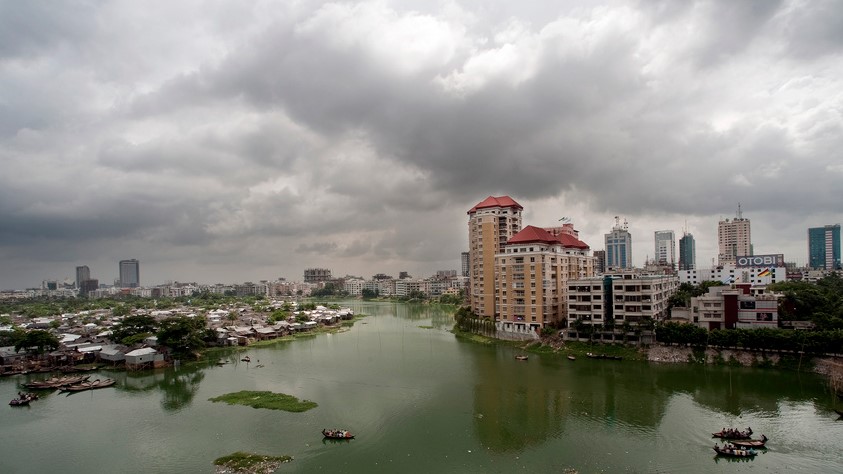GET IN TOUCH
- Please wait...

This letter was originally sent to LightCastle Bimonthly Newsletter subscribers.
As we reach the end of the year, it is an opportune time to reflect on where we stand and how things might pan out in 2024. The year 2023 was tumultuous and marred by an unabated war between Russia and Ukraine, which widened an already fractious relationship between the West and the China-Russia-led alliance. The Gaza-Israel war further exacerbated the already fragile geopolitical balance, potentially increasing the probability of a wider regional conflict. The recent Houthi-led blockage of shipping lines in the Red Sea is just one example of the spillover effects of this conflict on international trade. Global uncertainties have had an impact on global economic performances, which has contributed to economic downturns and depressed consumer demands across Europe, the US, and other developed economies.
Developing economies have also been affected economically due to stagnating export growth, higher import bills, depreciating local currencies, inflationary pressure, and high levels of unemployment. Bangladesh hasn’t been immune from these macro trends, as rises in import bills have led to balance of payments imbalances, dwindling foreign currency reserves, and high levels of inflation. Low foreign currency availability with commercial banks has disrupted LC opening and international trade, which has resulted in disrupted operations for manufacturers dependent on imported raw materials. Inadequate supplies of piped natural gas amid restricted LNG imports will further disrupt operations in 2024.
The disbursement of the IMF’s second payment tranche (USD681 million) will be a partial relief for ensuring macroeconomic stability, but fulfilling the loan’s underlying conditions will lead to further rounds of inflation and economic pain in 2024. The status of the banking sector, with corporate governance-led challenges and high non-performing loans, will be a major impediment to orchestrating recovery next year.
As the world’s seventh-most climate-vulnerable country, our ability to design and implement adaptation strategies will determine our collective ability to weather the impending challenges wrought about by the vagaries of climate change. Low-income groups have been affected disproportionately by climate change, requiring concerted efforts from the government and development partners to facilitate rehabilitation. A systemic view needs to be considered by actively engaging the private sector to foster adaptation and mitigation of climate change. Exploring avenues to attract climate financing will play an important role in implementing innovative strategies.
The recently concluded annual UN Climate Change Conference (UNCCC), or COP 28, brought together different stakeholders to negotiate ways to reduce carbon emissions and achieve net zero emissions by 2050. While all countries understand the importance of tackling climate change head-on, many have conflicting priorities when it comes to balancing economic growth aspirations with environmental sustainability. Growing economic powerhouses like China and India are focused on fostering economic growth and reducing poverty in parallel with reducing carbon emissions. More developed countries, like the US, Japan, Germany, and Canada, have historically been the largest contributors to carbon emissions. These countries have the moral obligation to transfer funds to the countries affected by climate change.
The loss and damage fund has been conceptualized and launched to ensure this transfer. While the fund has been set up, fund commitments from developed countries have been minimal and inadequate. Affected countries like Bangladesh will have to act collaboratively to persuade developed economies to contribute more to the reparation fund.
Implementation of the Delta Plan 2100 will be pivotal to tackling the fallout of climate change. Large-scale infrastructure investments in dams, dredging, and land reclamation will require grants, long-term soft loans, and investments to keep our delta livable.
Our experts can help you solve your unique challenges
Stay up-to-date with our Thought Leadership and Insights